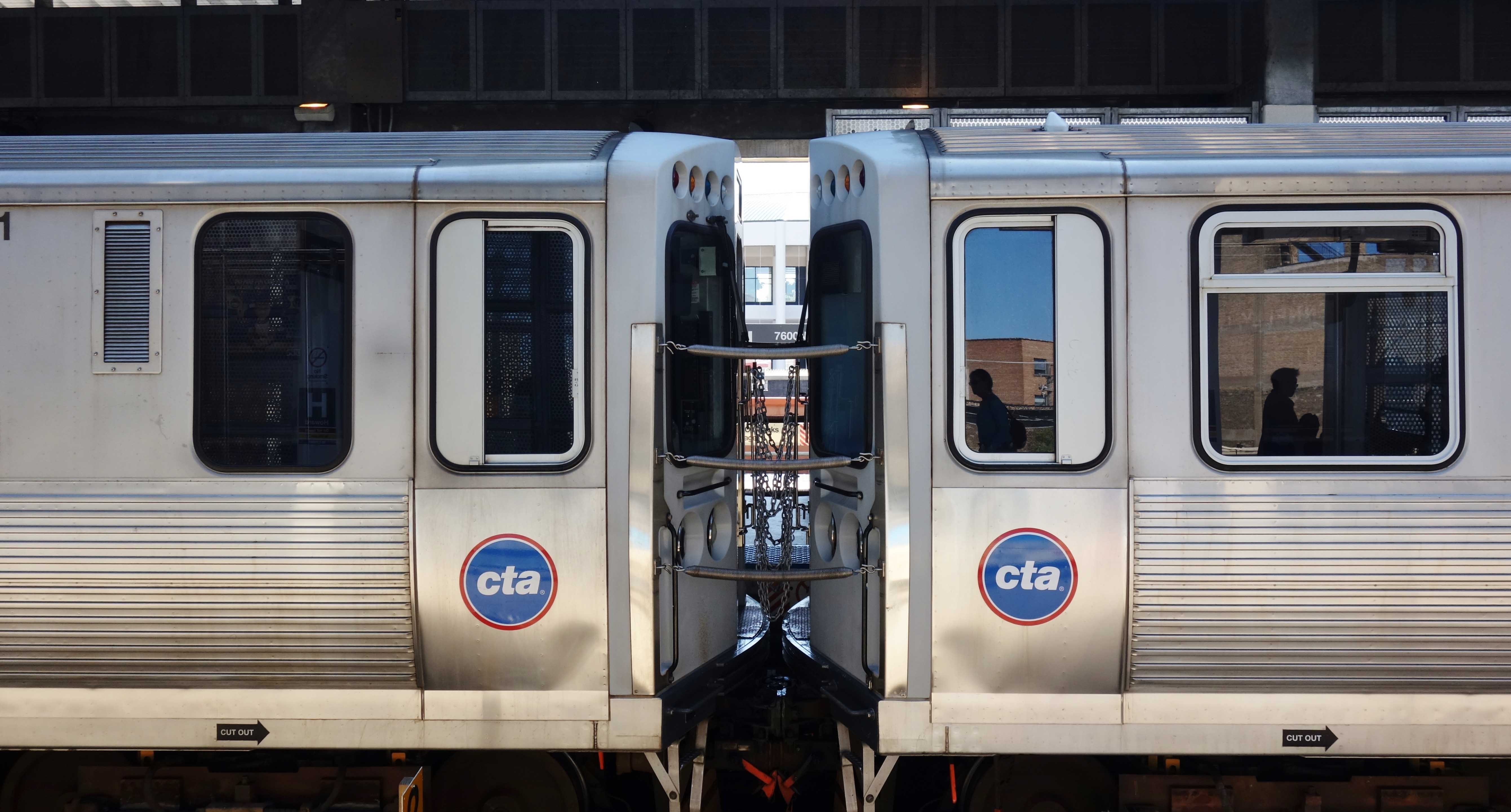More than 300 new laws will hit the books in Illinois in the new year, and while many of them work to defend the rights of consumers, change educational policies in the state and more, there are a few that are a bit more unique.
While it was already illegal to text and to talk on the phone without a hands-free device, HB 2431 will also prohibit you from having your camera on during videoconferences on Zoom and similar apps.
Drivers can still use the apps on hands-free mode, but will need to be able to turn them off with the touch of a single button, according to the legislation.
Speaking of driving, police will no longer be able to stop or search a vehicle solely on the basis of having an object, such as fuzzy dice, suspended between the driver and the front windshield, rear windshield, side wings, or side windows.
Here are 64 new laws taking effect in 2024 in Illinois
Motorcycles will also be impacted by SB 0896, as riders will no longer be allowed to use auxiliary accent lights that emit blue light. Such lights will also be prohibited from emitting red light in circumstances outside of doing so when the vehicle is being stopped.
Motorcycles will be allowed to equip forward-facing electric turn signals near the handlebars or the front fork assembly, but the lights must be white or amber in color.
Residents of Illinois communities with covered bridges, or other forms of low-clearance tunnels, will be happy to know the state is exploring a pilot program to explore better warning signage and other items to help prevent collisions.
SB 1653 will institute the program to erect and maintain hazard bars or additional signage on viaducts and underpasses with a clearance of less than 15 feet.
Feeling out of the loop? We'll catch you up on the Chicago news you need to know. Sign up for the weekly> Chicago Catch-Up newsletter.
Hazard bars under that legislation must hang at the same clearance level as the viaduct or underpass itself, and must be located at least 500 feet in front of the area where the vehicle will go underneath.
One final law will apply to the display and encounters of specific animals. SB 1883 will make it unlawful for any person to allow any member of the public to come into direct contact with a bear, or a “non-human primate,” according to the terms of the law.
The law requires barriers of sufficient vertical height to be designed to prevent such contact, and violations will be considered Class B misdemeanors.




